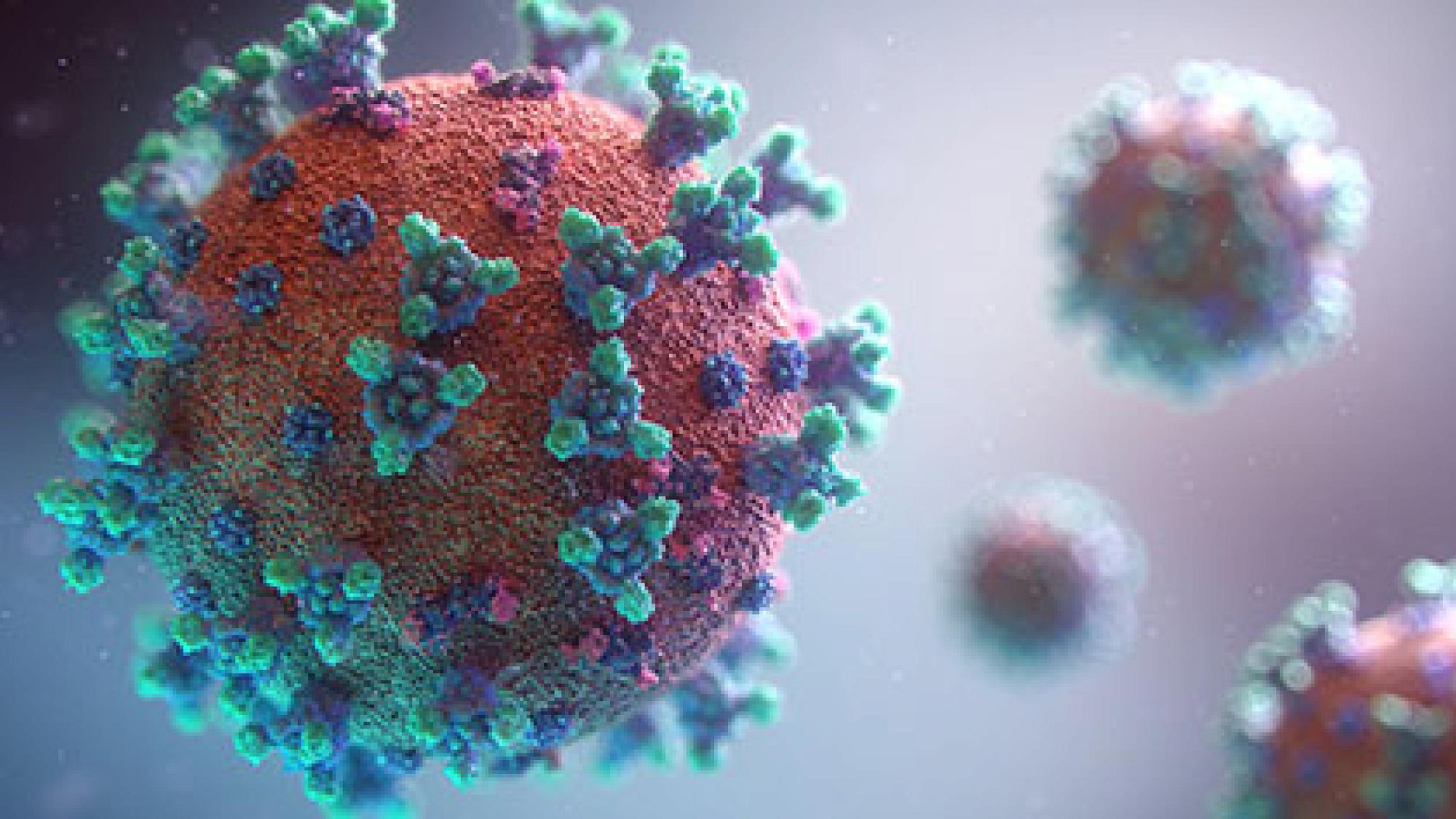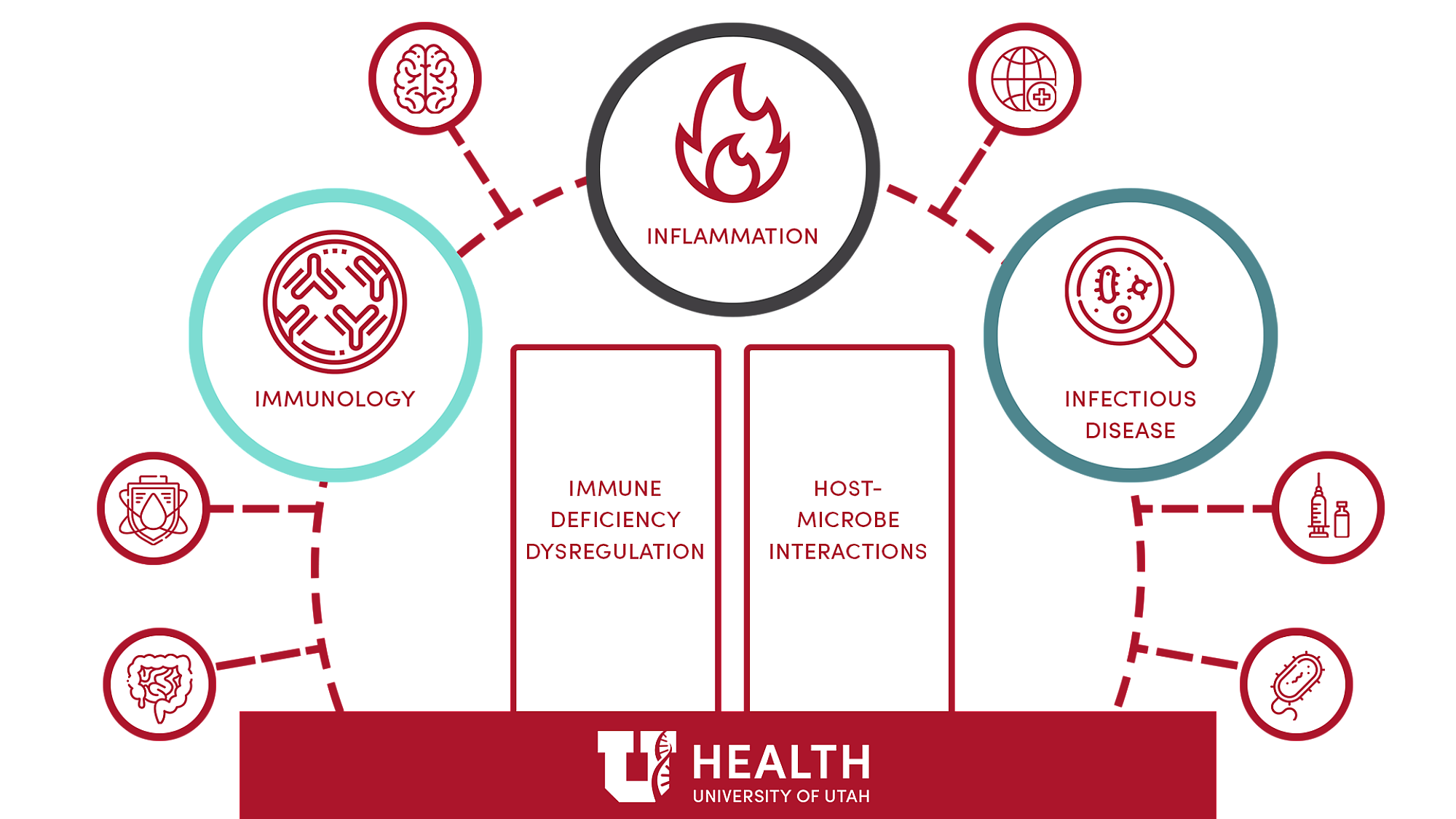
Immunology, Inflammation, & Infectious Disease (3i) Initiative
About the 3i Initiative
The Immunology, Inflammation, and Infectious Disease (3i) Initiative at University of Utah Health was formally established in 2017 on the premise that a better understanding of the three "I"s and their connections will fundamentally change the way we think about disease. Since our launch, the 3i Initiative has brought together a campus-wide community of over 200 investigators representing nearly every department at the University of Utah. Our community focuses on a wide range of topics, including, Inflammatory Bowel Disease, HIV/AIDS, Sepsis, Malaria, Cancer Immunotherapy, Influenza, and Multiple Sclerosis amoung others. Through the efforts of the 3i Initiative, we work to make fundamental discoveries that ultimately improve patient care.
In addition to our ongoing efforts, the 3i Initiative served as the leader for the University of Utah's research response to the COVID-19 Pandemic. Harnessing the unique collaborative nature of the University of Utah, we were able to mount an incredible response resulting in more than 600 publications and more than $60M in extramural funding. Learn more about the University of Utah and the 3i Initiative's COVID-19 research response.
Upcoming Events
Friday
July 25, 2025
July 25, 2025
Stat Chat
Stat Chat is a hybrid unstructured drop-in format/group discussion for anyone seeking help with stats ...
Tuesday
July 29, 2025
July 29, 2025
CANCELLED - Geriatrics Clinical Conference
“Update in Geriatrics Clinical Care”, Geriatrics Clinical Conference. Presenter: CME ...
Thursday
July 31, 2025
July 31, 2025
Biochemistry Seminar Series - Danielle Grotjahn
Please join us for the Biochemistry Seminar Series! This lecture will be given by Danielle Grotjahn, PhD...









